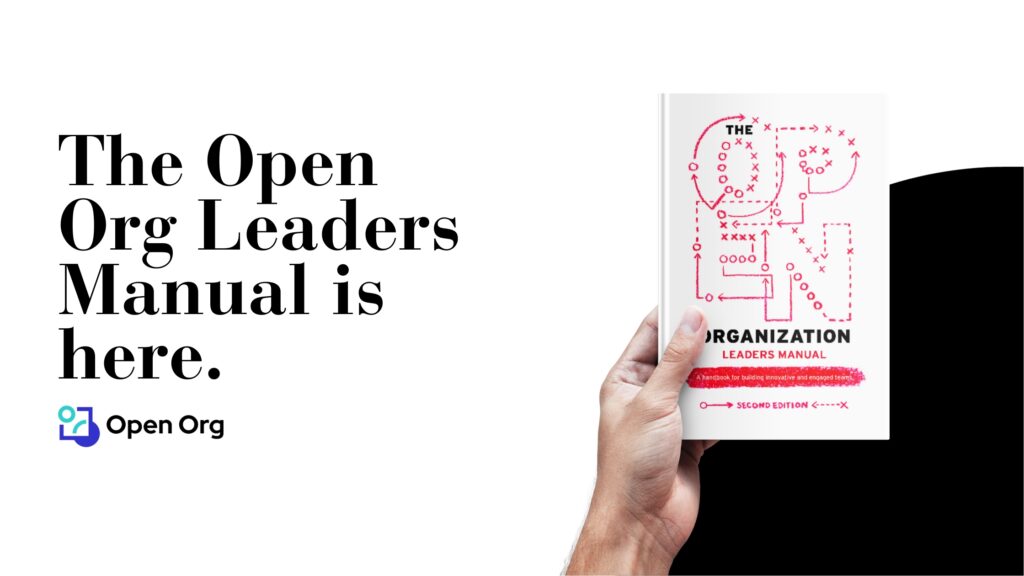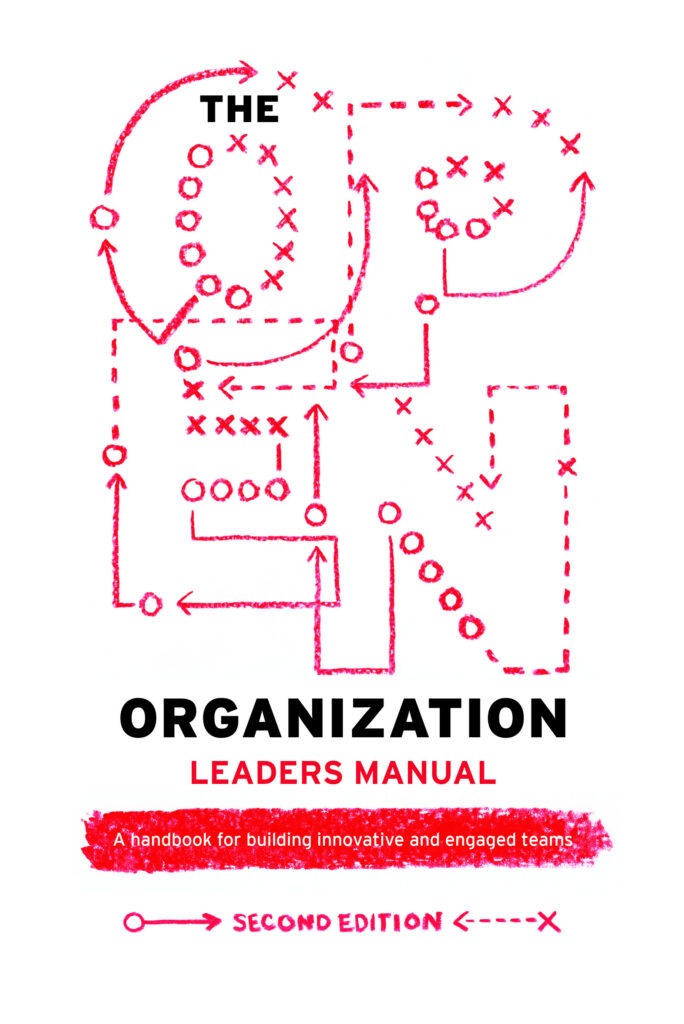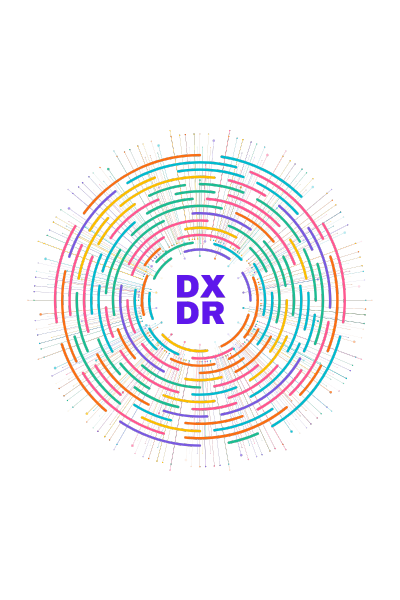New Release: The Open Organization Leaders Manual (second edition)

Let’s face it: The nature of work is changing. So the way we lead must change with it.
The Opensource.com community released the next edition of The Open Organization Leaders Manual: A handbook to building innovative and engaged teams on December 11, 2018.
The book is a collaborative resource from open leaders and Open Org Ambassadors throughout the open source community. Download the book or purchase a print copy.
Jen Kelchner, Founder of LDR21, wrote the introduction to the book and contributed two chapters as well.
Transforming your organizational culture – your way of doing things, including the way you work – will require taking new approaches. In order to succeed in the rapid state of innovation we’re all experiencing, we need to change the way we think about the value of the people in our organizational ecosystems by empowering them to rapidly respond to this change – and by providing the necessary skills and tools for becoming fluent in the critical task of engaging with change.
Jen Kelchner, Founder, LDR21



Don’t forget to grab your free download of the book which boasts over 20 chapters of resources!








